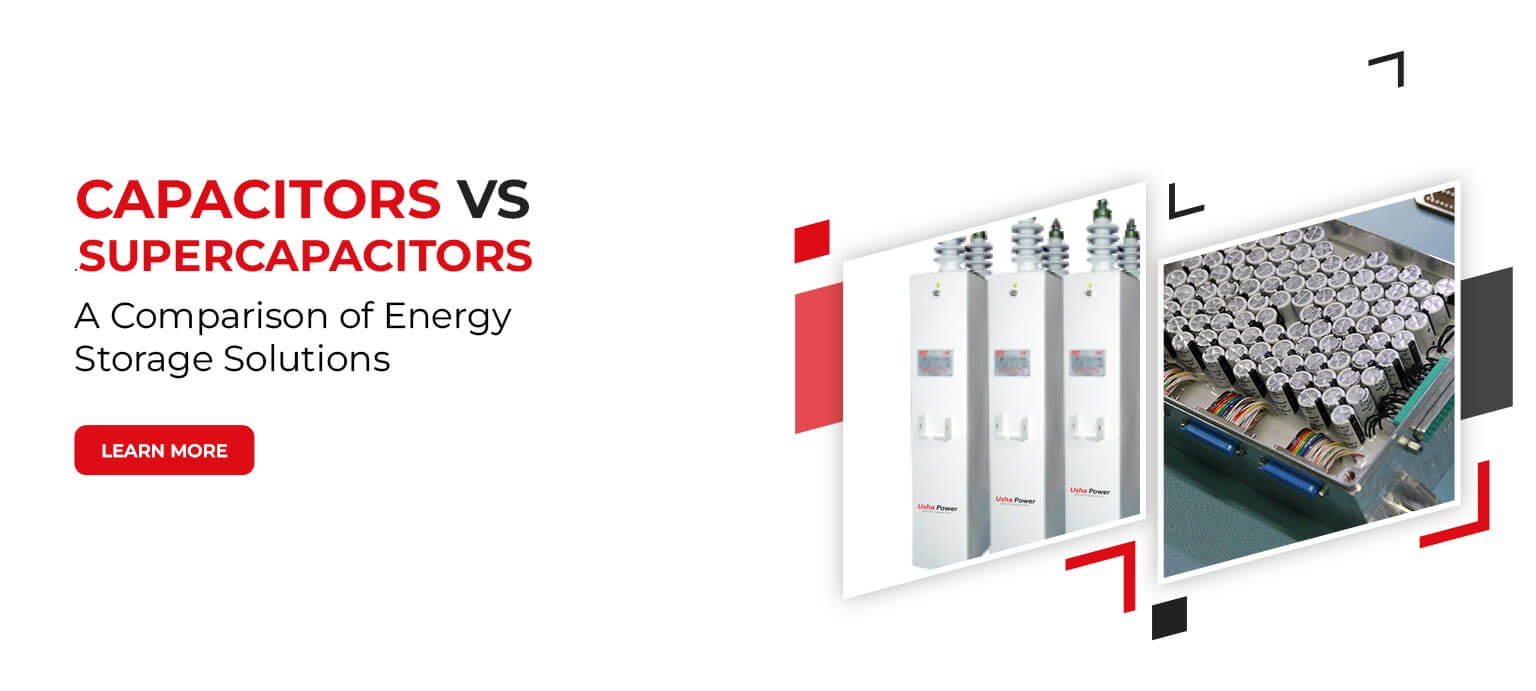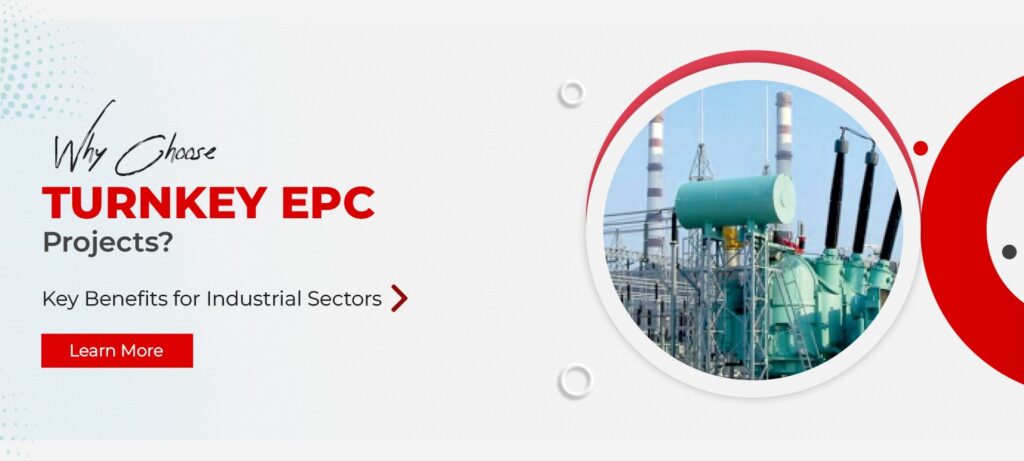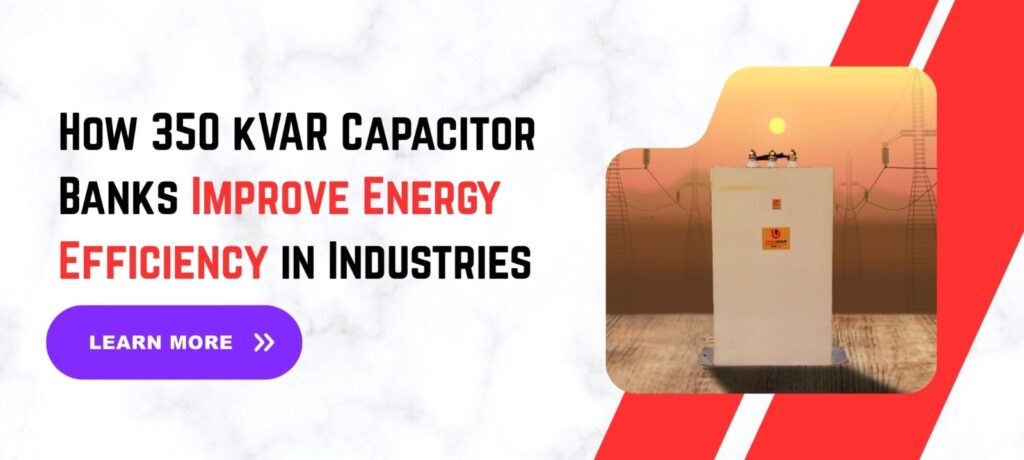Energy storage is a critical component in today’s commercial and industrial sectors. Whether you’re looking to power machinery, store renewable energy, or maintain data centers, choosing the right energy storage solution can significantly impact your operations. Two popular options are capacitors and supercapacitors. But which is right for your business?
In this blog post, we’ll explore the key differences between capacitors and supercapacitors, their advantages , and how to choose the best option for your specific needs. By the end, you’ll have a clear understanding of which energy storage solution can help your business run more efficiently and reliably.
Understanding Capacitors
What is a Capacitor?
A capacitor is a device that stores electrical energy in an electric field. It consists of two conductive plates separated by an insulating material called a dielectric. Capacitors are used in a variety of applications, from powering electronic devices to smoothing out electrical signals.
Capacitors are essential in circuits where rapid energy discharge is necessary. They are known for their ability to recharge quickly, making them ideal for applications requiring quick bursts of energy.
How Do Capacitors Work?
When a capacitor is connected to a power source, an electric charge builds up on the plates. This charge creates an electric field, storing energy. When the capacitor is disconnected from the power source, it can release this stored energy almost instantaneously.
The amount of energy a capacitor can store is measured in farads (F). Most commercial capacitors range from picofarads (pF) to millifarads (mF), indicating relatively low energy storage capacity compared to other solutions.
Different Types of Capacitors
There are various types of capacitors, each designed for specific applications:
• Ceramic Capacitors: Known for their small size and high-frequency capabilities, they are commonly used in electronic circuits.
• Electrolytic Capacitors: These have high capacitance values, making them suitable for filtering and energy storage in power supplies.
• Tantalum Capacitors: They offer stability and reliability, often used in medical and military applications.
Common Uses of Capacitors
Capacitors are versatile and used in various commercial and industrial applications:
• Power Conditioning: Stabilizing voltage and power flow in electrical circuits.
• Motor Starters: Providing the initial surge of energy needed to start electric motors.
• Signal Processing: Filtering signals in communication systems and audio equipment.
• Energy Storage: In applications requiring quick energy discharge, like camera flashes.
Delving into Supercapacitors
What is a Supercapacitor?
Supercapacitors, also known as ultracapacitors, are advanced energy storage devices that offer much higher capacitance than traditional capacitors. They use a combination of electrostatic and electrochemical energy storage mechanisms to achieve this.
Unlike batteries, which rely on chemical reactions, supercapacitors store energy in an electric field. This allows for rapid charging and discharging cycles, making them suitable for high-power applications.
How Do Supercapacitors Work?
Supercapacitors consist of two electrodes immersed in an electrolyte solution. When voltage is applied, ions in the electrolyte form an electric double layer on the surface of each electrode, storing energy.
Supercapacitors can store and release energy quickly, but they typically have lower energy density compared to batteries. However, their high power density makes them ideal for applications requiring quick bursts of energy over short periods.
Different Types of Supercapacitors
Supercapacitors come in various forms, each with unique characteristics:
• Electrochemical Double Layer Capacitors (EDLCs): These are the most common type, known for their high energy density and long cycle life.
• Pseudocapacitors: They store energy through fast redox reactions and have higher energy density than EDLCs.
• Hybrid Supercapacitors: These combine the features of EDLCs and pseudocapacitors, offering a balance between energy density and power density.
Common Uses of Supercapacitors
The unique properties of supercapacitors make them useful in several commercial and industrial settings:
• Energy Harvesting: Capturing and storing energy from renewable sources like solar panels and wind turbines.
• Backup Power: Providing emergency power to critical systems during short-term outages.
• Electric Vehicles: Supporting regenerative braking systems and enhancing battery performance.
• Grid Stabilization: Balancing supply and demand in power grids.
Advantages of Capacitors
Quick Energy Discharge
Capacitors excel in applications requiring rapid energy discharge. Their ability to release stored energy almost instantaneously makes them ideal for stabilizing voltage in electrical circuits and providing quick bursts of power.
Cost-Effectiveness
Capacitors are relatively inexpensive compared to other energy storage solutions. This cost-effectiveness makes them a popular choice for various commercial and industrial applications where budget constraints are a consideration.
Simplicity and Reliability
With fewer components and a straightforward design, capacitors are simple and reliable devices. They require minimal maintenance and can operate effectively in a wide range of conditions, making them a dependable choice for many businesses.
Advantages of Supercapacitors
High Energy Storage
One of the standout features of supercapacitors is their high energy storage capacity. This makes them suitable for applications that require substantial energy storage and discharge capabilities, such as renewable energy systems and electric vehicles.
Longevity
Supercapacitors have an impressive lifespan, capable of enduring millions of charge-discharge cycles. This longevity translates to lower maintenance costs and reduced downtime, ensuring continuous operation in critical applications.
Versatility
Supercapacitors offer versatility in energy storage, able to handle both quick bursts of energy and longer-term storage. This adaptability makes them valuable in various industrial settings, from backup power systems to grid stabilization.
Choosing the Right Solution for Your Business
Identify Your Energy Needs
The first step in selecting the right energy storage solution is identifying your specific energy needs. Determine whether your application requires quick bursts of energy, long-term storage, or a combination of both.
Evaluate Costs and Benefits
Consider the costs and benefits of each option. While supercapacitors offer higher energy storage and longevity, they come at a higher price. Traditional capacitors, on the other hand, are cost-effective but may require more frequent replacements.
Consult with Experts
Consulting with energy storage experts can provide valuable insights into the best solution for your business. They can help you assess your needs, evaluate options, and make an informed decision.
The Bottom Line
In the search for efficient energy storage solutions, both capacitors and supercapacitors offer unique advantages. By understanding their differences and applications, businesses can make informed decisions that optimize their operations. Whether it’s the quick response time of capacitors or the high energy storage capacity of supercapacitors, each solution has its place in the commercial and industrial sectors.
If you are looking for high-quality capacitors tailored for commercial and industrial applications, Usha Power provides a range of reliable and advanced options designed to meet your specific needs. Our capacitors are engineered to deliver exceptional performance and efficiency, ensuring that your operations run smoothly and effectively. Explore our selection to find the perfect solution for your energy storage requirements.




